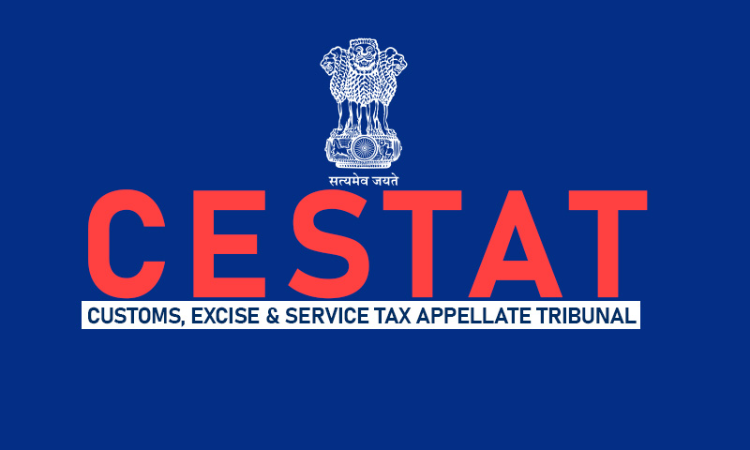Exporter Not liable For 'Change Of Landing Port' Instructions Given By Importer: CESTAT
Mariya Paliwala
9 July 2022 2:00 PM IST

Next Story
9 July 2022 2:00 PM IST
The Ahmedabad Bench of the Customs, Excise and Service Tax Tribunal (CESTAT) has ruled that the exporter is not responsible for the instructions given by the importer regarding the change in the port after the issuance of a "Let Export Order" by the customs authority. The two-member bench of Ramesh Nair (Judicial Member) and Raju (Technical Member) has observed that the appellant lost...
